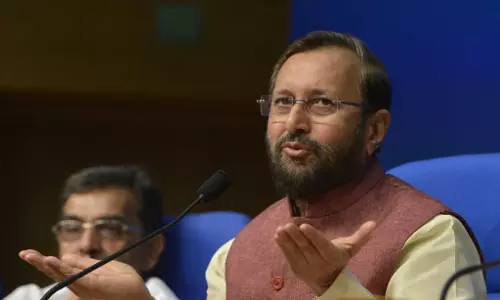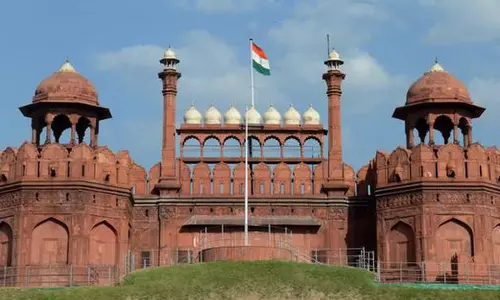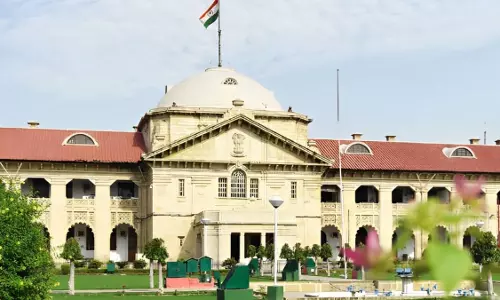

No proposal to bring legislation for two-child policy: Union Govt
text_fieldsNew Delhi: Minister of State for Health Bharati Pravin Pawar Friday informed the Lok Sabha that there is no proposal under consideration by the Union government to bring legislation for the two-child policy.
Saying that a National Population Policy was formulated in the year 2000 with the long term objective of attaining population stabilisation by 2045, she said that the country is on its way to achieving population stabilisation.
She said the Total Fertility Rate (TFR) has declined to 2.0 in 2019-20 which is below replacement level, while 31 out of 36 states and Union territories (UTs) have already achieved the replacement level fertility.
The Minister also said that modern contraceptive usage has increased to 56.5 per cent in the country and the Unmet Need for Family Planning has declined to 9.4 per cent, according to NFHS 5 findings.
In a written reply to a question, Pawar pointed out that the Crude Birth Rate (CBR) has declined to 19.7 in 2019.
The Minister pointed out the government's various schemes which have been instrumental in reining in population growth.
Listing a few of them, she said Mission Parivar Vikas is being implemented in 13 states for substantially increasing access to contraceptives and family planning services.
These are seven high focus states (Uttar Pradesh, Bihar, Madhya Pradesh, Rajasthan, Jharkhand, Chhattisgarh and Assam) and six north-eastern states (Arunachal Pradesh, Manipur, Meghalaya, Tripura, Nagaland and Mizoram).
The MoS further said the current contraceptive basket comprising condoms, combined oral contraceptive pills, emergency contraceptive pills, intrauterine contraceptive device (IUCD) and sterilization, has been expanded with the inclusion of new contraceptives namely Injectable contraceptive (Antara programme) and Centchroman (Chhaya).
A compensation scheme for sterilisation acceptors which provides compensation for loss of wages to the beneficiary and also to the service provider team for conducting sterilisation was initiated, she said.
Post-partum intrauterine contraceptive device (PPIUCD) services are provided post-delivery and the scheme for home delivery of contraceptives by ASHAs at doorstep of beneficiaries has been taken up.
Besides, Family Planning Logistics Management Information System (FP-LMIS), a dedicated software, has been launched to ensure smooth forecasting, procurement and distribution of family planning commodities across all the levels of health facilities,Pawar said.
According to the Report of the Technical Group on Population Projections (TGPP) July 2020, chaired by Registrar General of India (RGI), the projected population of the country, in the year 2030 is 1.47 billion, she added





















